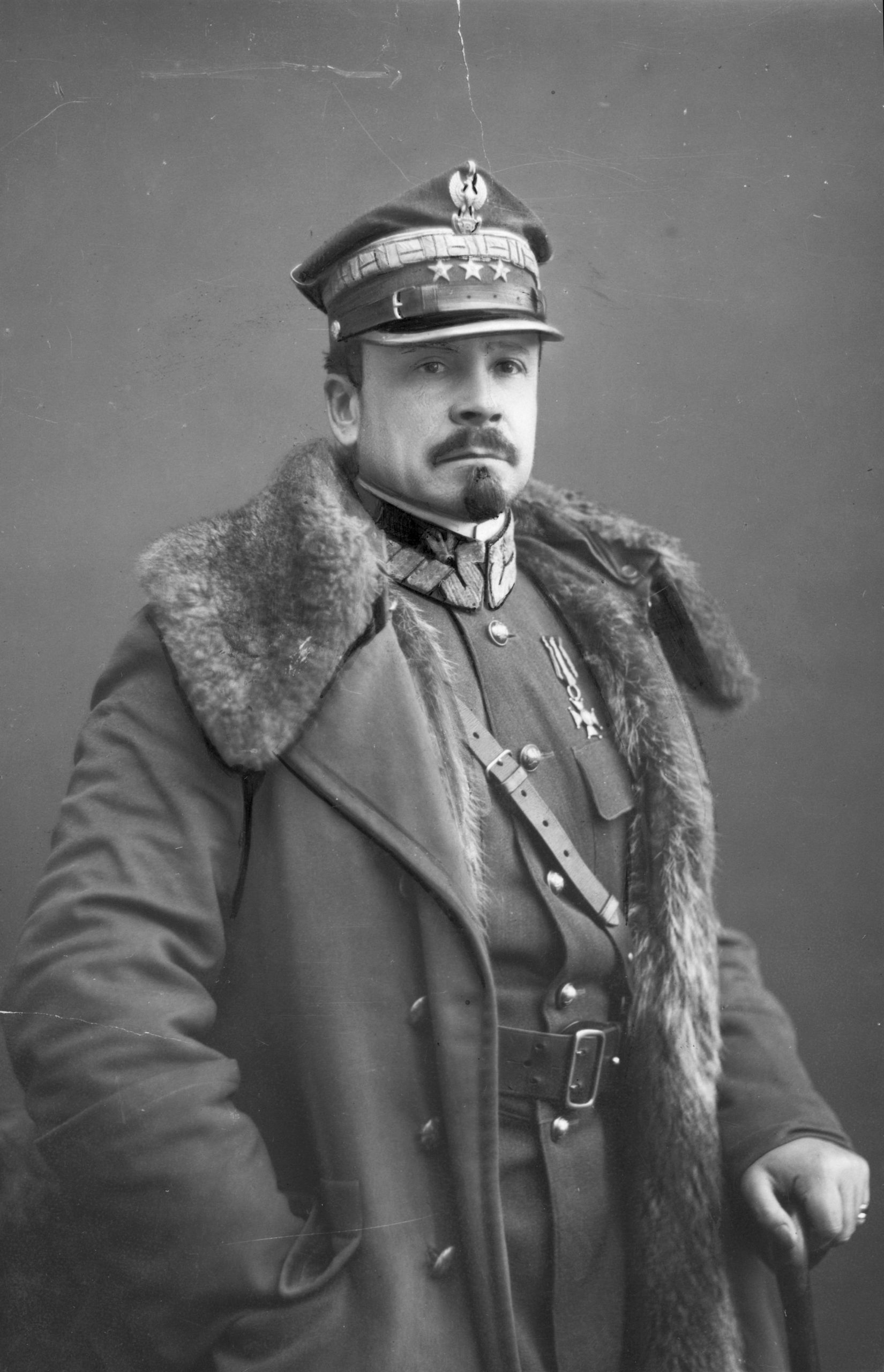
Józef Haller
General Józef Haller was born on August 13, 1873 in Jurczyce near Kraków. In 1890 he joined the cadet corps. He was associated with the army until 1910, when he was granted long-term leave, and then retired. He began to cooperate with the cooperative and scout movement, but with the outbreak of World War I, he was mobilized into the army. During the Great War, he fought on the Austrian side in the Polish Legions, then changed the front and, leading the 5th Polish Rifle Division, joined with Polish units fighting on the Russian side. As a result of the battle of Kaniów on May 11, 1918, Haller’s unit was defeated by the Germans, while he himself, under a false name, managed to get to Moscow, where he tried to form Polish formations.
On July 13, 1918, Haller reached France, where the Polish National Committee functioned, which set itself the goal of rebuilding Polish independence with the support of the Entente. Haller headed the Blue Army, the largest Polish formation from the First World War. After Poland regained independence, the Blue Army, trained and equipped with modern equipment by France, became a significant force of the Polish Army.
On April 21, 1919, Haller came to Warsaw, where he was greeted by the inhabitants of the capital as a national hero. He took part in the Polish-Ukrainian war and in the symbolic ceremony of Poland’s wedding to the Baltic Sea.
During the Polish-Bolshevik war, he joined the State Defense Council and was entrusted with the role of the Inspector General of the Volunteer Army. During the Battle of Warsaw, he commanded the troops defending the outskirts of the capital, standing at the head of the command of the Northern Front.
After the Polish-Bolshevik war, he took up political activity – Haller was one of the leading figures of the national movement. During World War II, he was part of the government in exile in London, where he remained after 1945 and in which he died in 1960.
